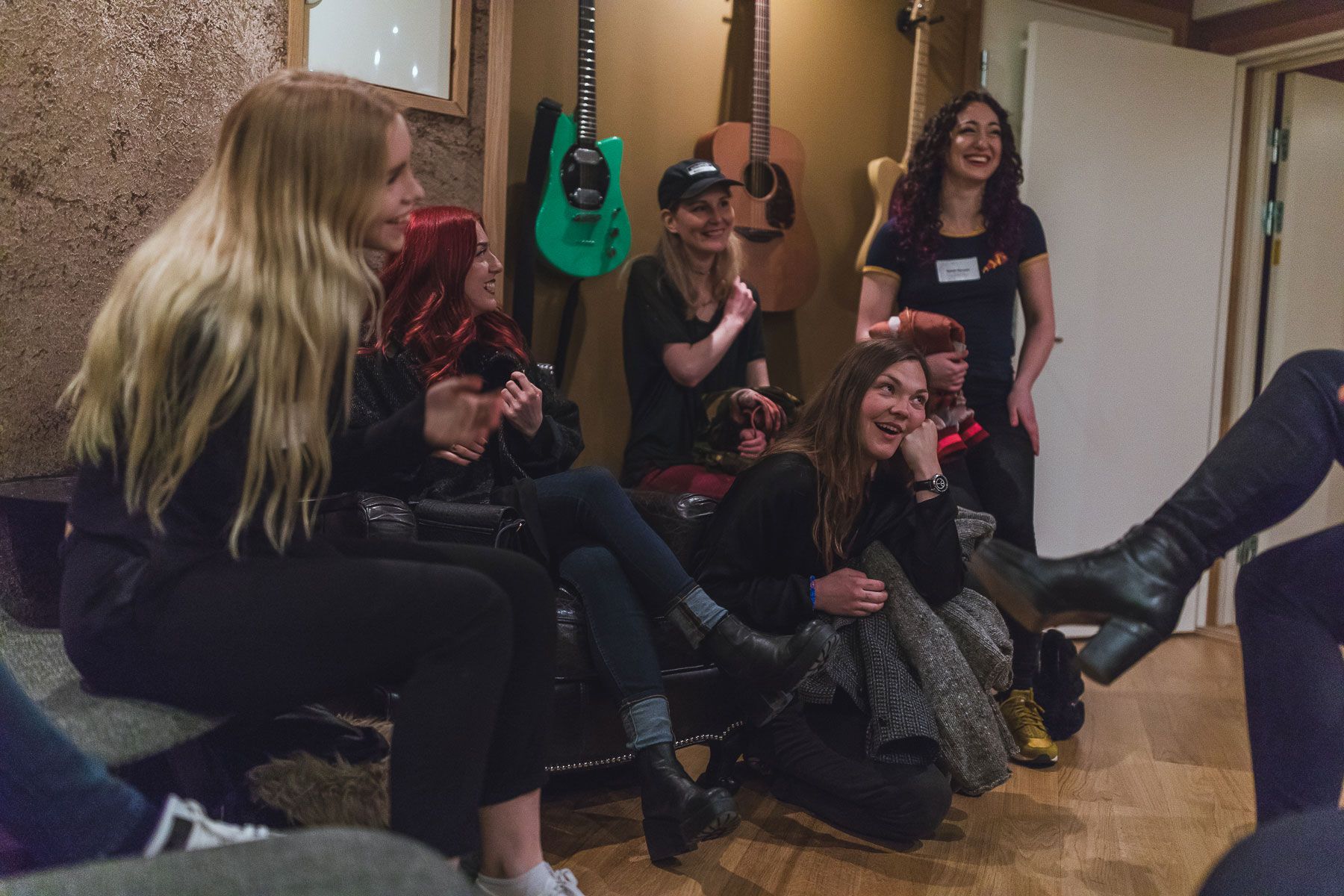Spotify launch The Equalizer Project to promote female equality in the music industry
Spotify and songwriter Max Martin are joining together to promote diversity in the workplace by promoting women in the music industry.
The Equalizer Project is a Swedish initiative that aims to highlight the gender divide in music industry jobs. Whilst we’ve come a long way statistic show that only 20% of 80,000 STIM affiliated creators are women. Spotify have teamed up with Max Martin’s MXM Music and the trade organization Music Publishers to reduce the divide in numbers between men and women.
Spotify’s Nordic CEO, Jenny Hermanson (loosely translated) said: “We want to note that it is possible to bring about change and that it is high time to work actively to highlight several producers and songwriters who are not men. Organizations like Popkollo and Upfront have done a fantastic job for several years and we want to inspire even more players in the music industry to follow.
“Gender equality is a societal problem, and the music industry is, unfortunately, no exception. Together we need to identify and change the norms and structures that made the industry today dominated by men.” The divide can be seen as close to home as in Spotify’s top ten list, which in 2016 consisted of 195 men (86%) and only 31 women.
Hermanson continues: “The vast majority of songwriters and composers are also men. More women are starting to emerge in these fields, but they remain massively outnumbered. Most of the music we listen to is still written or produced by men – in fact, just one song in the Top 50 Global Spotify Chart 2016 was [solely] written by a woman.
“We should make those in the business reflect on who they’re working with and why. Could they recruit and involve more female producers and songwriters? Again, this is often a case of looking for talent outside personal networks and going the extra mile to diversify.”
The initiative will involve various networking events for people within the industry to expand their contacts as well as the message. A podcast will also be launched to promote the Equalizer Project, as Hermanson say the more public the debate over this is, the better.
She finished, saying: “We need to fuel the discussion of the current situation and encourage everyone to question industry norms. We also need to encourage people to look for talent outside their personal networks in order for the music industry to diversify.”
